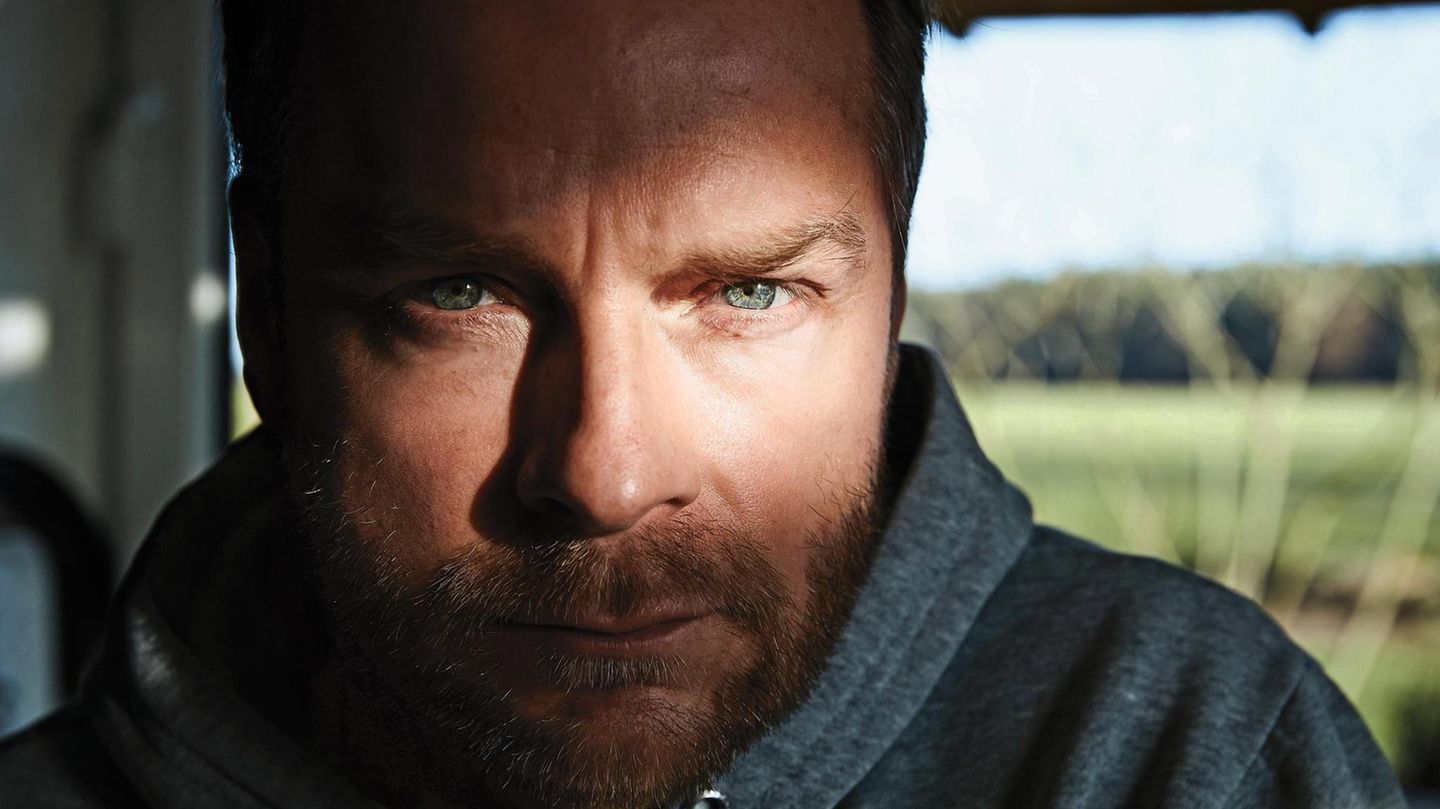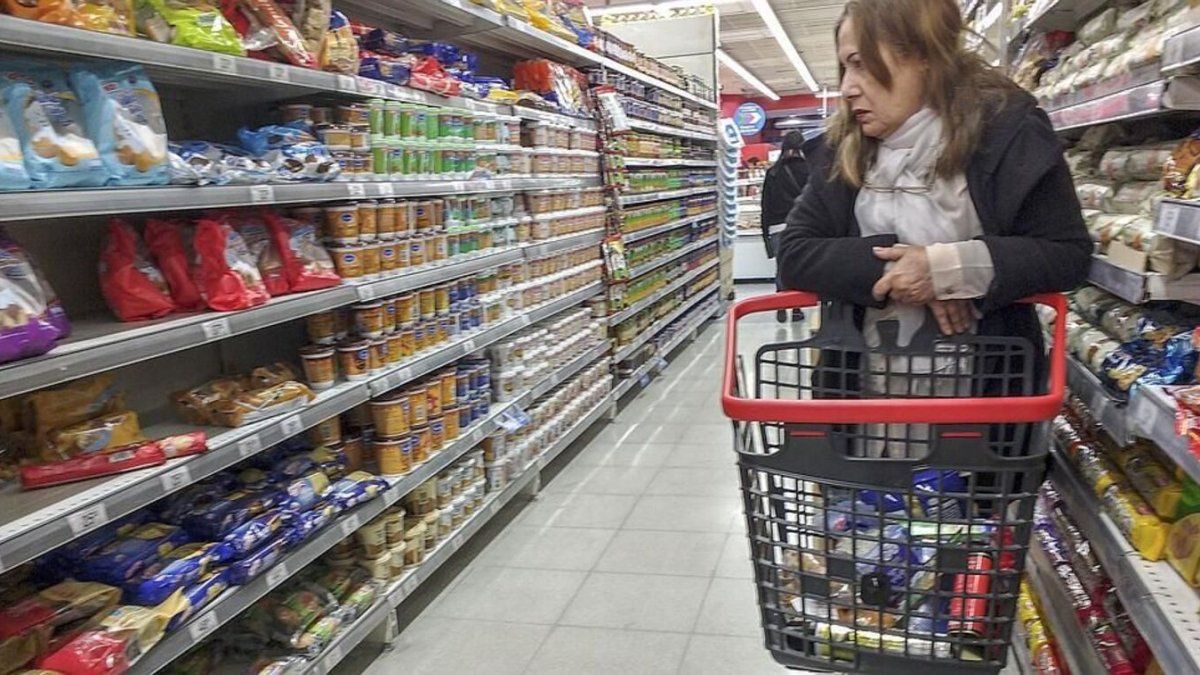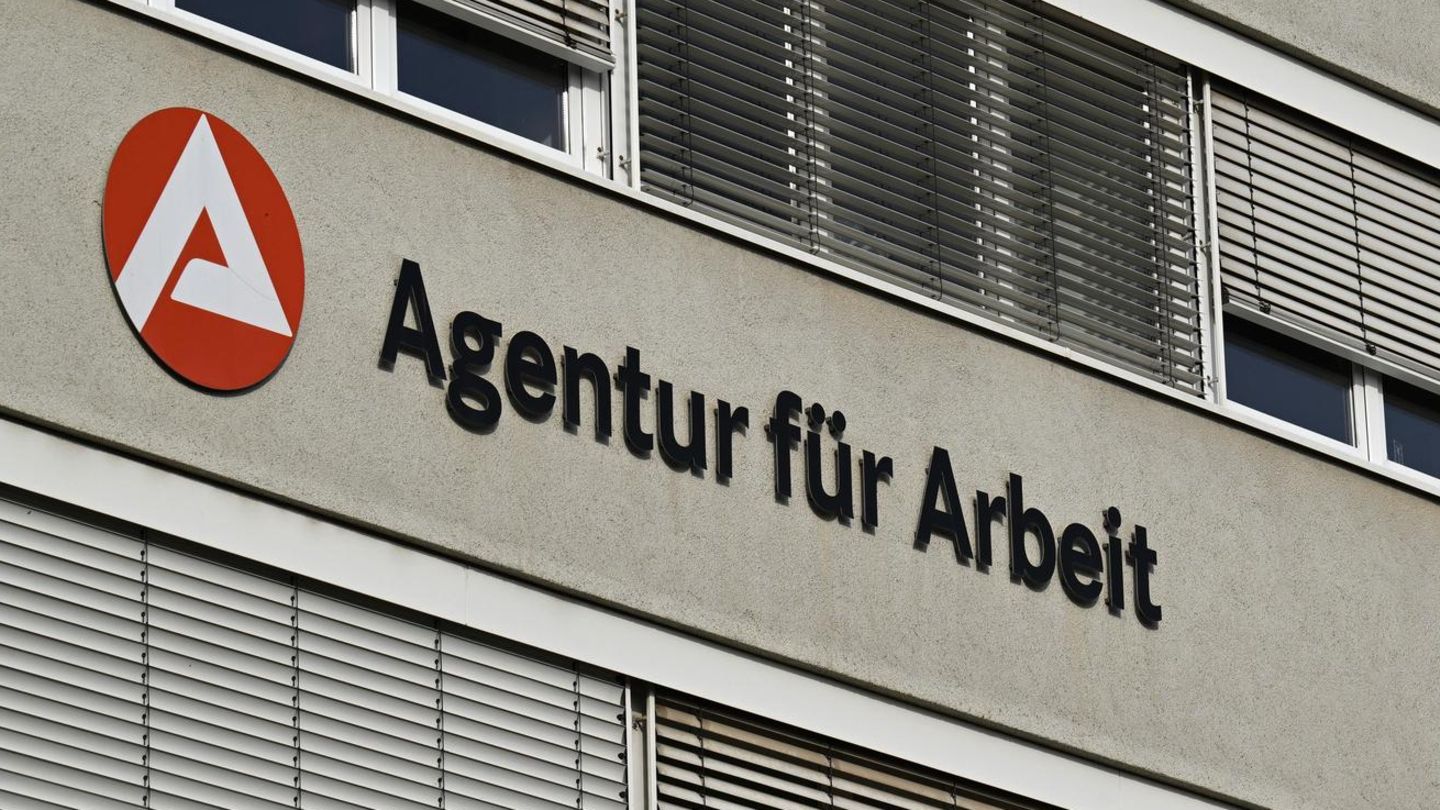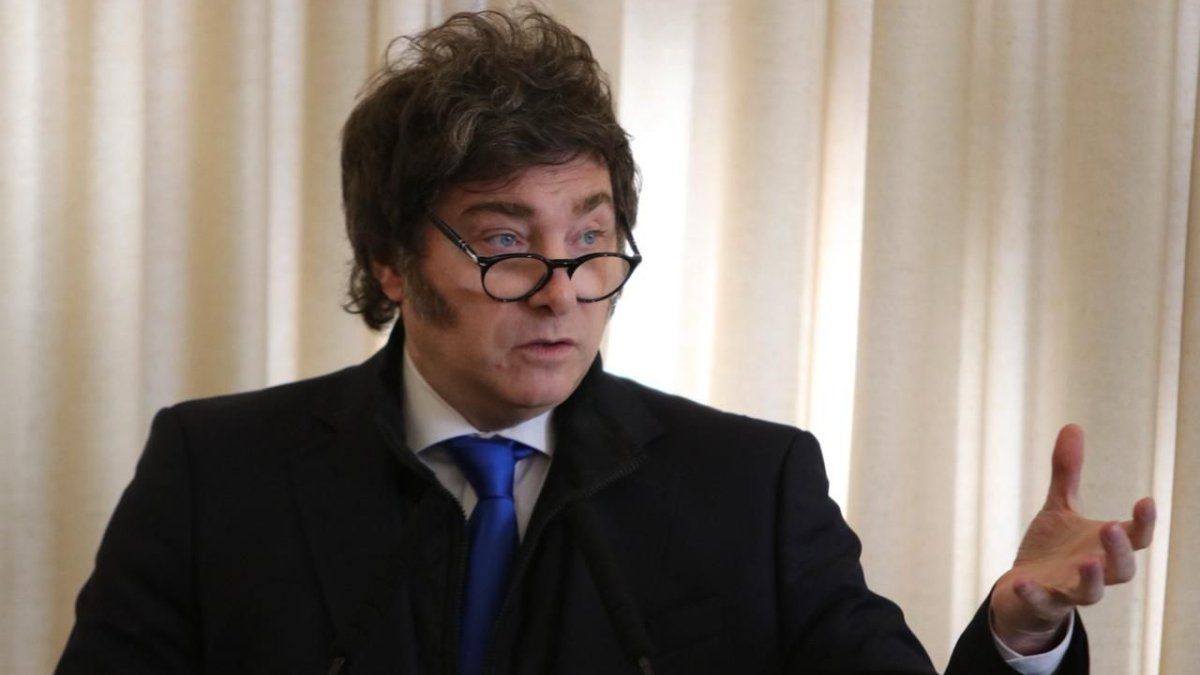The actor Hinnerk Schönemann has just had a great run. Eight million viewers have switched on his series “Nord bei Nordwest”. When Schönemann isn’t turning, he’s a farmer. We visited him on his farm for a day – and laid it out by hand.
Hinnerk Schönemann killed one right in front of me. With a chainsaw! A tree at that. He is allowed to do that. Because it is his forest in which he is currently sawing. The trees are too close. And Schönemann also needs wood for his new high-tech stove. He heats his house. When the actor isn’t shooting, he’s an avowed country bumpkin. He lives with his wife as an occasional farmer in a small village in Mecklenburg-Western Pomerania near Plau am See. We were allowed to visit him on his farm for one day – and lend a hand. “There’s always something to do here,” says Schönemann. He doesn’t want to see the name of the village in print: “There are already enough people looking over the fence” who at some point have found out that this actor lives here.
Schönemann can often be seen on TV. For example in the very successful series “Nord bei Nordwest” and “Marie Brand”. In both of them he plays a policeman. Somewhat awkward, but in case of doubt, gripping maverick with a big heart. He embodies these characters better than anyone else. Maybe because he’s a little like that himself. Schönemann is shy. He hates red carpets. You never see him at parties or TV galas. “Public events are hell for me,” he says. “I like to shoot. Have fun on the set. I like my colleagues. But when the camera is off, I need my rest. I never have a drink after shooting. I don’t need that. I’ve always liked being alone . ” Small talk is not his thing at all. He also avoids celebrations. “More than two people at a time make me restless. If I drag myself to a birthday party, I’m happy to be able to leave after twenty minutes.”
A shy star who needs time out
Schönemann prefers to be at home. In his yard. In the village where he grew up himself. Back then in the GDR. When he was four years old, his parents, both doctors, moved here. In the middle of nowhere. But when both his stepbrother and an uncle and aunt were jailed for critical comments, the family applied for an exit visa. She didn’t want to live in such a country any longer. The brother and relatives were ransomed by the Federal Republic of Germany, and two years before the fall of the Wall, Hinnerk, his two younger sisters and their parents were also allowed to leave the GDR. Schönemann went to school in Hamburg. After the fall of the Berlin Wall, the family moved to Berlin, where Schönemann then studied drama at the local University of the Arts. During his apprenticeship he got his first little TV roles and, to his own surprise, gradually became a TV star.
But the little village from back then always stayed with him. And withdrew it almost magically. And not just him. His parents live a few houses away. Two uncles too. His former partner, actress Anneke Kim Sarnau, also moved here. Schönemann maintains extremely relaxed relationships with his exes. “We can stay friends” is more than a nice, flat saying for him. He is now separated from the mothers of his first two children. He’s married again. The couple now have a daughter together. But that is also the most extreme thing that Schönemann reveals about his private life.
He converted a pigsty into a cozy house
In 2008 he bought a huge old pigsty in his childhood village. Plus ten hectares of forest and ten hectares of meadows. There was also a manor house on the farm. But that had to be demolished. Only the massive stable stood and refused to collapse. “There were 400 pigs permanently in there for many years,” says Schönemann. “A building full of stink, dark and dirty.” Others saw a ruin ready to be demolished. Schönemann saw a home. For twelve years now he has been gradually converting the stable into a residential building. With generous. Clearing. “There were a few delays due to the coronavirus, but now we’re finally done,” he says. However, the black, sealed concrete floor finished it off. It’s beautiful, says Schönemann, “but we live in the country. You drag a lot of dirt in there and you can see every lint. I was constantly cleaning up.” Now he has bought a robot mop and is absolutely thrilled. “I love that thing. It wipes continuously and everything flashes. Wonderful!”
The family now lives in cozy rooms with a rough charm. While we are talking, we sit at a large table made of old ceiling beams. On wooden benches with furs on them. Schönemann helped build the table himself. Above it hangs a lamp made from the cover of an outboard motor. “I like that,” says Schönemann. “Things with history.” He’s always busy. Inside and especially outside. That’s where he likes best, making hay, chopping wood, building sheds, tending a large pond. The dogs Fiete and Yella and the horses, Pinta, Jonna and Schnurek live on the premises. They are not ridden. “They are only there to feel good and to be liked by us,” says Schönemann. He loves animals and has once bred reptiles until he realized that you can actually never keep them in a species-appropriate manner. He also has around twenty chickens. A colorful mix, including gigantic giant chickens from Brazil that look like small dinosaurs.
He’s someone who has to do it. The unfinished, the playful – that’s his thing
Opposite the house is the “Black Pearl”, a two-story pirate castle for the children with a secret door that Schönemann also built himself. He has retained a childish enthusiasm for such things. The playful, spontaneous. And unfinished too. He’s someone who has to do it. A living process flow. The static is not his thing. Others would have had nightmares at the huge construction site he has on his neck. Schönemann is already making plans again. He has founded his own company called “Gorilla Film” and plans to produce his own films soon.
The actor is completely in the here and now and yet somehow always in the future. He has big plans. Here in the village. And he still has to earn money. He makes five or six films a year. “The farm and especially the family shouldn’t be neglected. I definitely don’t want that”. When Schönemann is filming, he always leaves the set on Thursdays so that he is at home on the weekend. Anyone who shoots with him knows that.
He has always been consistent. “I always have to believe what I’m doing. Especially as an actor. I’ve never shot anything that I didn’t really like. Then I’d better cancel it right away. The people from the film know that. And also that I then, when I turn, I give one hundred percent. “
“So, let’s go cut down trees,” says Schönemann. He’s already talked too much about himself for his taste. We put on protective clothing and drive his tractor into one of the three forests that belong to the actor. “Helmet on,” he says when we are there. “This has to be thinned out. Ever had a chainsaw in hand?” “It’s been a long time,” says the author of these lines, embarrassed, and then doesn’t get the chants to work himself (and later not print them out again). But the felling goes quite well. However, Schönemann dated the leptosome gentleman stern assigned only one type of bonsai. However, it is flattened mercilessly and with grim determination. In the meantime, Schönemann has knocked down three stately conifers. It works pretty quickly with him. At 47 years of age, Schönemann is enviable. He points into the forest. “At least half of the trees have to be removed here so that the others have enough light and space. I’ll do that in the coming weeks.” You can see that he’s looking forward to it.
Source From: Stern
I am a 24-year-old writer and journalist who has been working in the news industry for the past two years. I write primarily about market news, so if you’re looking for insights into what’s going on in the stock market or economic indicators, you’ve come to the right place. I also dabble in writing articles on lifestyle trends and pop culture news.




